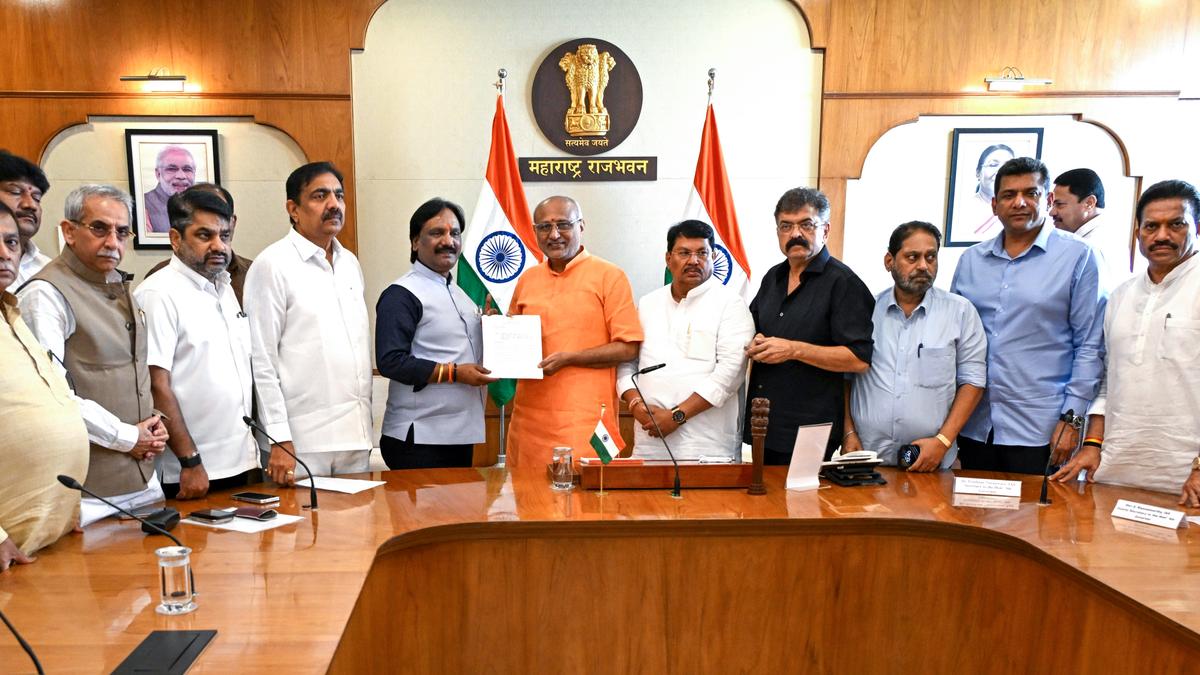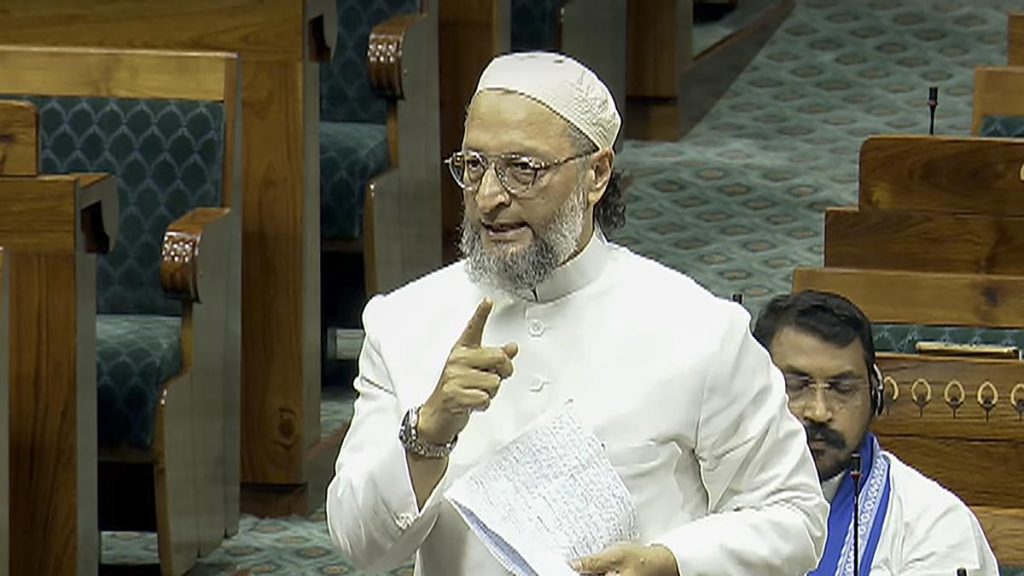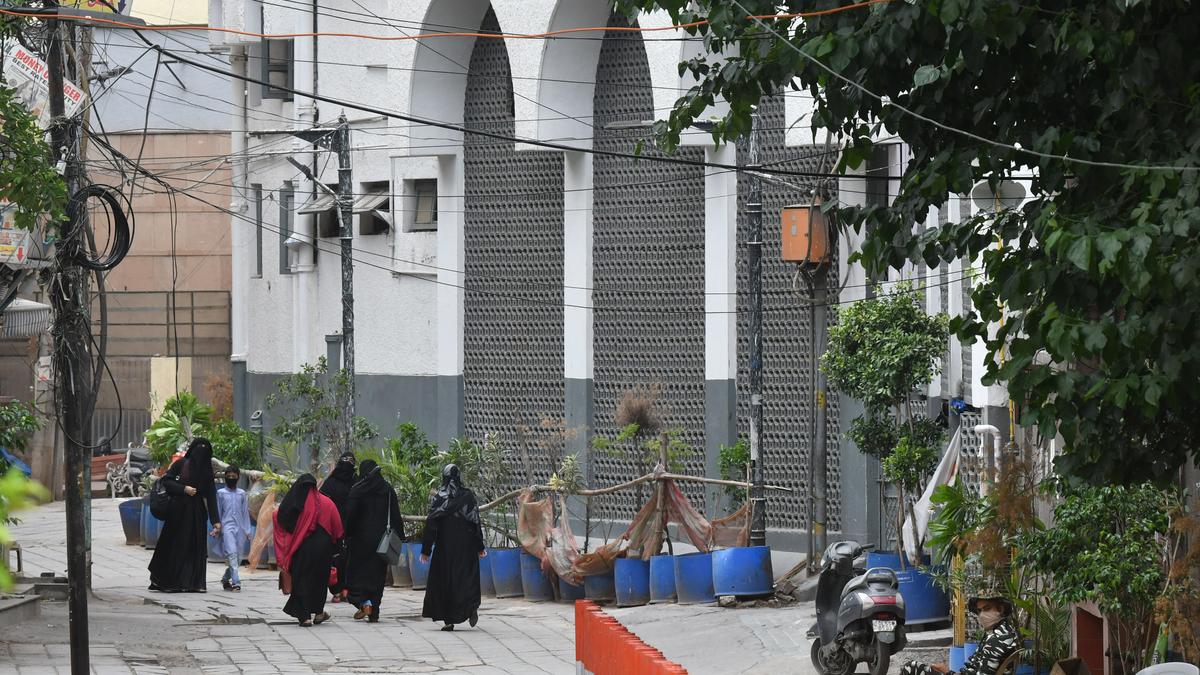Now Reading: Maharashtra’s New Security Bill: Key Details Explained
-
01
Maharashtra’s New Security Bill: Key Details Explained
Maharashtra’s New Security Bill: Key Details Explained

Fast Summary
- Maharashtra Special Public Security Bill: Passed by the Maharashtra Legislature to counter ‘urban Naxalism’-aiming at preventing unlawful activities of alleged Naxal-affiliated organisations, especially in urban areas.
- Civil Rights Concerns: Activists and opposition leaders have termed the Bill as vague,oppressive,prone to misuse,and targeting dissent.
- Comparison with Other States: Maharashtra joins Chhattisgarh, Telangana, Andhra Pradesh, and Odisha in adopting similar laws.Activists argue that current laws like UAPA already effectively address left-wing extremism.
- Legislative History: Initially introduced during the mahayuti government’s tenure in 2024; revived and finalized by a BJP-led government after elections. Despite objections raised by some parties (especially CPI-M), the Bill passed with majority support via voice vote.
- Key Objections:
– Allows organizations to be declared illegal without due process or time limits on bans.
– Exempts lower courts from oversight; offers full protection for officials acting “in good faith.”
– Ambiguous language on criminalizing speech or assembly deemed a “threat” to public order.
- Next Steps: awaiting Governor’s assent before becoming law. Civil society groups vow court battles against its provisions.
Indian Opinion Analysis
the Maharashtra Special Public Security Bill raises critically important legal and ethical concerns regarding freedom of speech and democratic dissent. While tackling urban Naxalism is a stated priority for public security under this legislation, critics highlight its sweeping powers-including unclear definitions of “illegal activity” which risk criminalizing ordinary political criticism or lawful protests. The exclusion of lower courts from jurisdiction further narrows avenues for checks-and-balances essential in democracy.
With civil rights activists asserting that existing legal frameworks like UAPA prove sufficient-and pointing out inconsistencies such as reduced left-wing extremist presence-it invites scrutiny whether this legislation addresses genuine threats or merely consolidates state authority over dissenting voices. Beyond governance questions for maharashtra itself, broader implications emerge about balancing security priorities against constitutional rights across India.
The trajectory of this law post-Governor’s decision-and likely court interventions-may set precedents both legally and politically concerning state powers vis-à-vis citizen freedoms in India’s evolving legislative landscape.
























